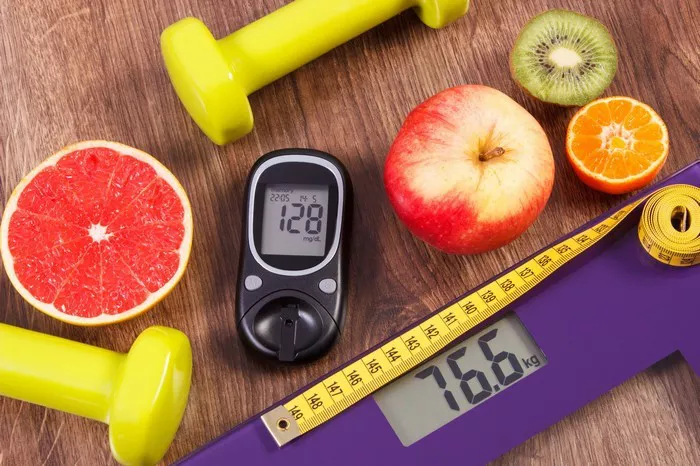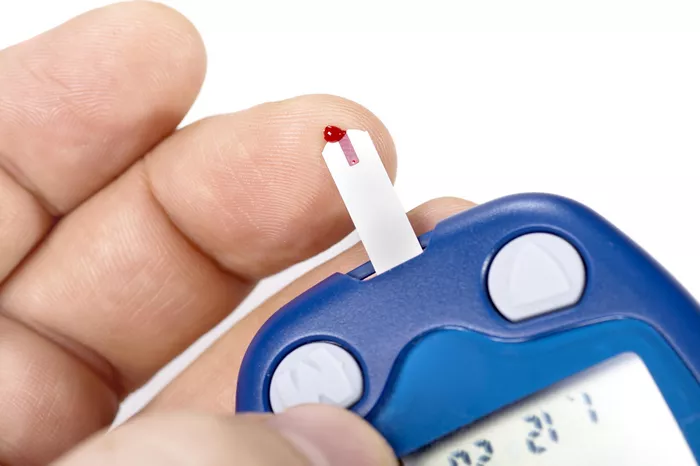In the realm of diabetes management, the accuracy of blood glucose monitoring devices, commonly known as glucometers, is paramount. Accurate blood glucose readings are essential for effective management of diabetes, enabling patients and healthcare providers to make informed decisions regarding diet, exercise, and medication. This article explores the intricacies of glucometer accuracy, reviews the current leading devices, and provides insights into choosing the most accurate glucometer available today.
Understanding Glucometer Accuracy
The accuracy of a glucometer is determined by its ability to produce readings that are close to the true blood glucose levels. Various factors can influence the accuracy of these devices, including the technology used, the quality of the test strips, user technique, and environmental conditions. The International Organization for Standardization (ISO) has established standards (ISO 15197:2013 and ISO 15197:2015) to ensure that glucometers provide reliable readings. According to these standards, 95% of the measured glucose values should fall within ±15 mg/dL of laboratory results for blood glucose levels below 100 mg/dL, and within ±15% for levels above 100 mg/dL.
Key Factors Influencing Glucometer Accuracy
- Test Strip Quality and Enzyme Technology: The quality of test strips and the type of enzyme used to react with glucose in the blood significantly affect accuracy. Common enzymes used include glucose oxidase, glucose dehydrogenase, and hexokinase. Each has its own sensitivity to oxygen and other substances, which can impact readings.
- Calibration and Coding: Some glucometers require manual coding or calibration when a new batch of test strips is used. Incorrect coding can lead to inaccurate results. Modern devices often feature automatic coding to reduce this risk.
- User Technique: Proper blood sampling technique is crucial. Insufficient blood samples, incorrect application of blood to the test strip, or contamination can all lead to erroneous readings.
- Environmental Conditions: Temperature, humidity, and altitude can affect glucometer performance. Most devices are designed to operate within a specific range of conditions, and readings outside these parameters can be inaccurate.
- Meter Maintenance: Regular cleaning and maintenance of the glucometer are necessary to ensure accurate readings. Accumulation of blood or dirt on the meter can interfere with its operation.
Top Glucometers in the Market
Given the numerous options available, identifying the most accurate glucometer involves considering clinical studies, user reviews, and compliance with ISO standards. Below are some of the top contenders:
-
Accu-Chek Guide
The Accu-Chek Guide is renowned for its high accuracy and ease of use. It utilizes advanced test strip technology that minimizes the effect of interfering substances. The device features a spill-resistant SmartPack vial and a strip port light, making it user-friendly even in low-light conditions. Clinical studies have demonstrated that the Accu-Chek Guide meets and exceeds the ISO accuracy standards, providing reliable readings across a wide range of glucose levels.
-
Contour Next One
The Contour Next One glucometer is highly praised for its precision. It uses proprietary MultiPulse technology, which evaluates each sample multiple times to ensure accuracy. This device connects seamlessly with a smartphone app, allowing users to track their glucose levels and trends over time. The Contour Next One has been shown in studies to provide consistent readings with a high degree of accuracy, even when tested against laboratory methods.
-
OneTouch Verio Reflect
The OneTouch Verio Reflect offers personalized insights and guidance to help users manage their diabetes more effectively. It features Blood Sugar Mentor technology, which provides real-time feedback and actionable tips based on the user’s current and past glucose levels. The Verio Reflect’s accuracy is well-documented, and it adheres strictly to the latest ISO standards. Additionally, its ColorSure Dynamic Range Indicator helps users quickly understand if their readings are within target ranges.
-
FreeStyle Libre 2
The FreeStyle Libre 2 is a continuous glucose monitoring (CGM) system rather than a traditional glucometer. However, it deserves mention due to its high accuracy and convenience. The sensor, worn on the back of the upper arm, measures glucose levels in the interstitial fluid every minute. The Libre 2 system provides real-time glucose readings and alerts for high and low glucose levels, with accuracy comparable to traditional blood glucose meters. It is particularly beneficial for individuals who require frequent monitoring and prefer a less invasive method.
-
Dexcom G6
Another CGM system, the Dexcom G6, offers exceptional accuracy and ease of use. It eliminates the need for fingersticks, providing continuous glucose readings via a small sensor inserted under the skin. The Dexcom G6 integrates with various devices, including smartphones and insulin pumps, offering a comprehensive diabetes management solution. Clinical data supports its high accuracy, making it a preferred choice for many patients and healthcare providers.
Evaluating Glucometer Accuracy: Clinical Evidence
To assess the accuracy of glucometers, several clinical studies and independent evaluations have been conducted. These studies typically compare glucometer readings with laboratory reference measurements, using statistical methods to determine the degree of agreement.
For example, a study published in the Journal of Diabetes Science and Technology evaluated the performance of the Accu-Chek Guide, Contour Next One, and OneTouch Verio Reflect. The study found that all three devices met the ISO 15197:2013 criteria, with the Contour Next One displaying the highest accuracy, followed closely by the Accu-Chek Guide and OneTouch Verio Reflect. The study highlighted the importance of choosing a glucometer that not only meets regulatory standards but also performs reliably in real-world conditions.
Another study in the Diabetes Technology & Therapeutics journal assessed the accuracy of the FreeStyle Libre 2 and Dexcom G6 CGM systems. The results indicated that both systems provided accurate glucose readings with minimal lag time, making them suitable alternatives to traditional blood glucose meters for continuous monitoring.
Choosing the Most Accurate Glucometer
When selecting a glucometer, accuracy should be the primary consideration. However, other factors such as ease of use, cost, and additional features also play a significant role. Here are some key considerations:
- Accuracy and Precision: Review clinical data and independent evaluations to determine which glucometers consistently provide accurate readings. Devices that meet or exceed ISO standards are generally reliable.
- Ease of Use: Consider devices with user-friendly features such as backlit screens, large buttons, and simple navigation. Devices with automatic coding and quick result times can enhance the user experience.
- Cost of Test Strips: The ongoing cost of test strips can be significant. Look for glucometers that offer affordable and widely available test strips without compromising on accuracy.
- Data Management: Many modern glucometers come with Bluetooth connectivity and smartphone apps for tracking and analyzing glucose data. This can be particularly useful for individuals who need to share their data with healthcare providers.
- Special Features: Additional features such as ketone testing, alarms for high or low readings, and integration with other diabetes management devices can provide added value.
- User Reviews and Feedback: Real-world experiences from other users can provide valuable insights into the reliability and ease of use of a glucometer. Look for reviews that mention both the strengths and weaknesses of the device.
Conclusion
Accurate blood glucose monitoring is essential for effective diabetes management. The most accurate glucometer will vary depending on individual needs and preferences, but devices such as the Accu-Chek Guide, Contour Next One, OneTouch Verio Reflect, FreeStyle Libre 2, and Dexcom G6 have consistently demonstrated high accuracy and reliability.
When choosing a glucometer, consider not only its accuracy but also its ease of use, cost, and additional features. Consulting with healthcare providers and reviewing clinical evidence can help individuals make an informed decision that best suits their lifestyle and diabetes management needs. As technology continues to advance, we can expect further improvements in glucometer accuracy and convenience, ultimately enhancing the quality of life for those managing diabetes.
Related topics:
Why Is Blood Sugar Monitoring Important?

























